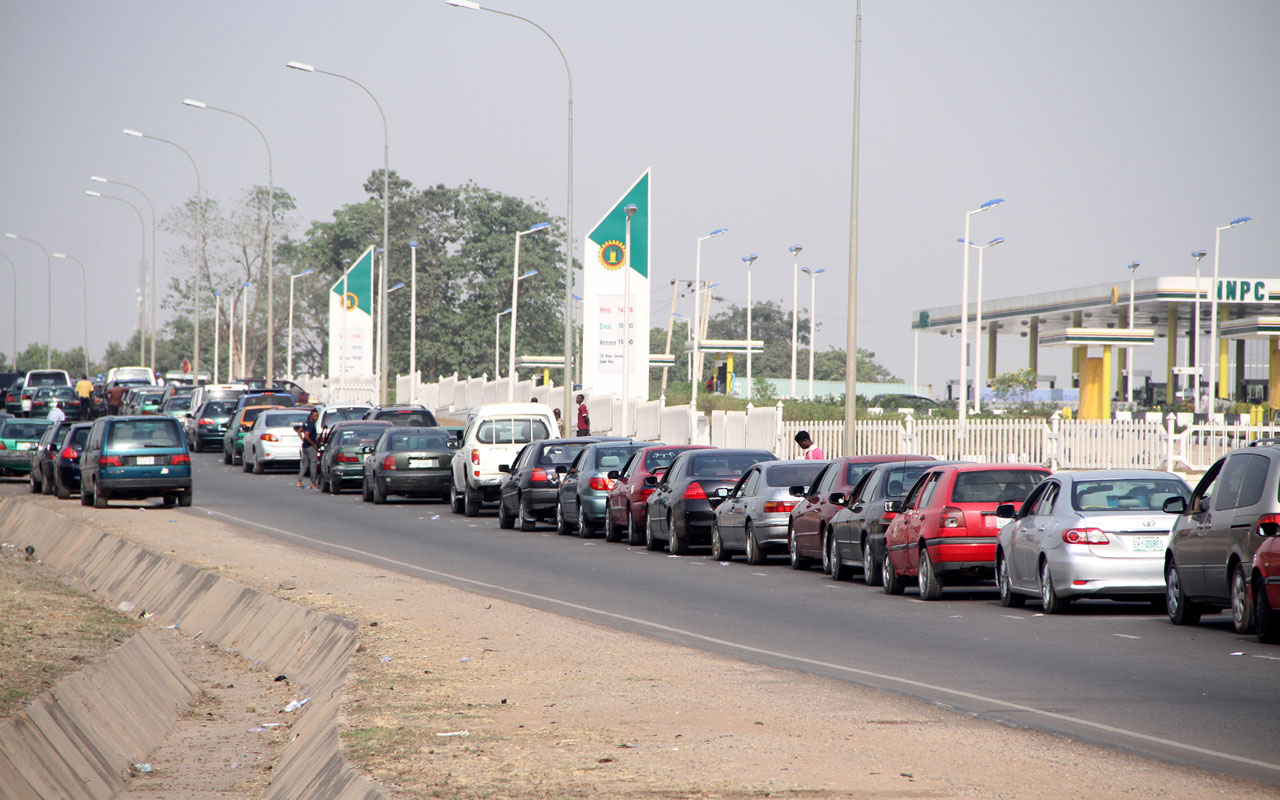By Tina Amanda
The ongoing fuel crisis in Nigeria continues to disrupt daily life, as filling stations in major cities like Abuja, Lagos, and Port Harcourt remain shut due to stock shortages.
This shortage is in stark contrast to repeated assurances from the Nigerian National Petroleum Company (NNPC) that sufficient fuel is in circulation.
Energy expert Dr. Joseph Obele, a former Independent Petroleum Marketers Association of Nigeria (IPMAN) chairman for Rivers State, has expressed frustration with the situation, accusing the NNPC of being insincere about the country’s fuel supply.
Obele emphasized that despite NNPC’s promises, the reality on the ground tells a different story.44ew
“Sincerely, I’m tired of talking about the same issue every time without any improvement. The endless fuel supply challenge in Nigeria has affected everyone in the country, both those in business and the working class.
“Last weekend, several filling stations were still shut down at Abuja, Lagos, and Port Harcourt because they were all out of stock. Yet NNPC management kept telling Nigerians that they had sufficient stock in circulation.
“They kept talking about distribution hurdles and so on. There is no fuel anywhere”.
According to Obele, the current fuel scarcity is due to the excessive cost of importing petrol from the international market, which has become “unbearable” for the NNPC. As a result, the company is unable to import sufficient quantities of Premium Motor Spirit (PMS) for distribution across the country.
“NNPC should be sincere to Nigerians. The excessive cost of Importation from the international market becoming unbearable them, hence they are unable to import sufficient quantity of PMS for Distribution”.
“Marketers and retail outlets are running dry. They want to replenish, but there is nowhere to buy,” Obele said, noting that only one depot out of 19 in Rivers State is currently selling fuel, and even that one is rationing the limited supply it has.
“Reports indicate that some marketers have resorted to buying PMS through third-party sources at exorbitant rates, with prices soaring as high as ₦950 per liter. This is a far cry from the official rate of ₦566 per liter that marketers should be paying if purchasing directly from the NNPC’s online buying portal. However, the portal has been shut down for over three months.
“The NNPC is now selling indirectly to marketers through private depot owners who are charging above ₦900 per liter.
“This shift has exacerbated the supply crisis, leading to long queues at the few stations that still have fuel, as vehicles, motorcycles, and even individuals with jerrycans scramble for whatever fuel is available.
Obele warned that the scarcity has severely impacted Nigeria’s economy, with rising fuel prices contributing to inflation and worsening the plight of ordinary citizens.
“The high price of fuel is affecting every aspect of the economy, pushing the masses deeper into poverty and hardship”.
He also cautioned the federal government for the need to take urgent action as prices of all commodities will inevitably rise in response to the escalating cost of fuel.
Obele highlighted the need for Nigeria to resume local refining to reduce dependence on the volatile international market, stating, “As long as we continue buying our refined petroleum products from abroad, we will keep experiencing these supply and price turbulences.”
He remains hopeful that when Nigeria’s refineries return to full operation, supply will stabilize, and fuel prices will normalize. Stressing that until then, the country faces continued shortages, high prices, and an uncertain future for both businesses and consumers alike.




